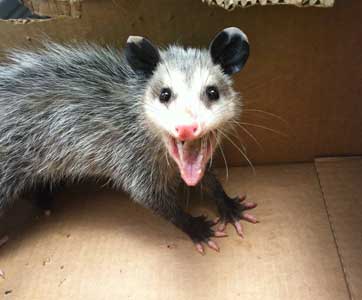
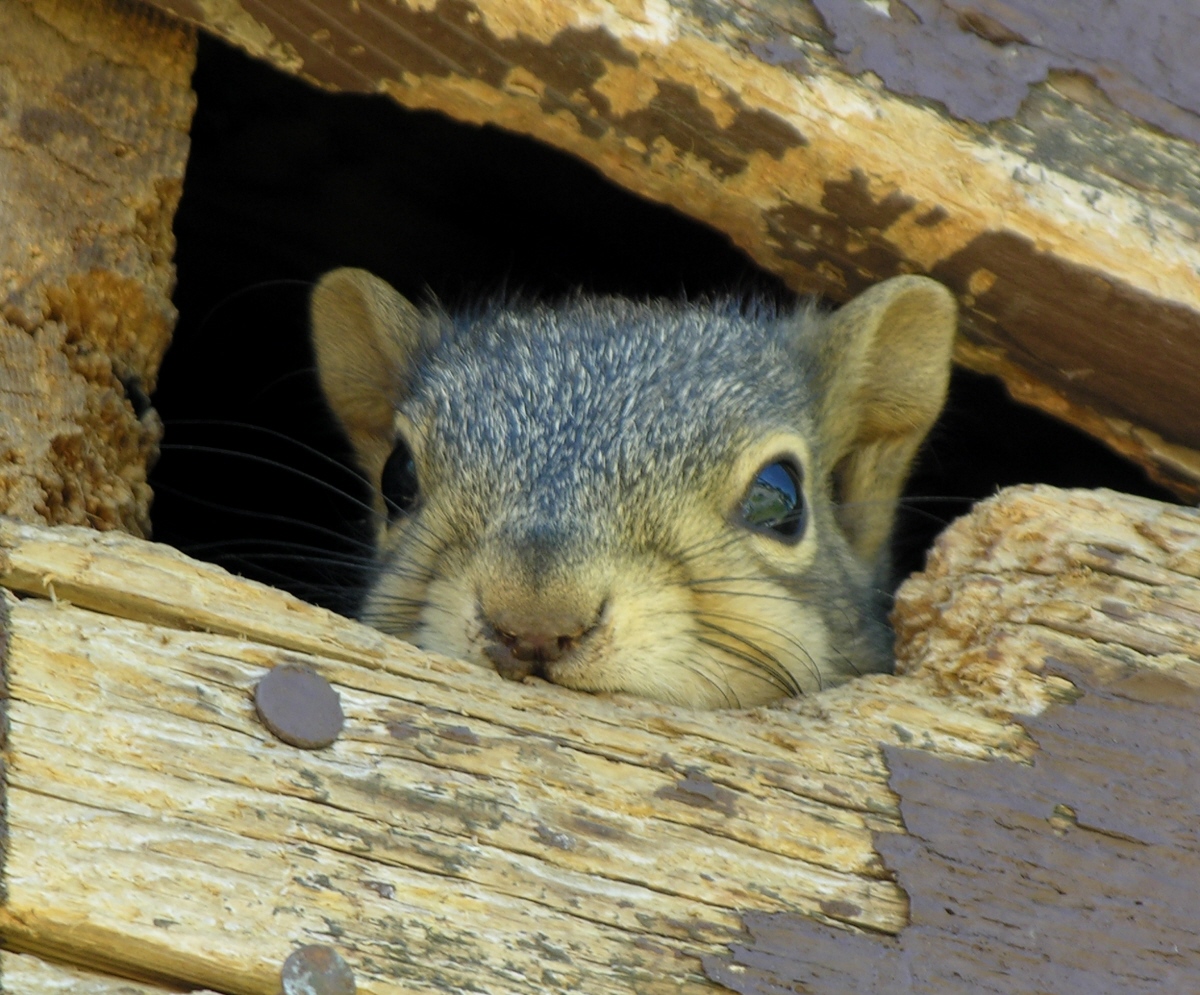
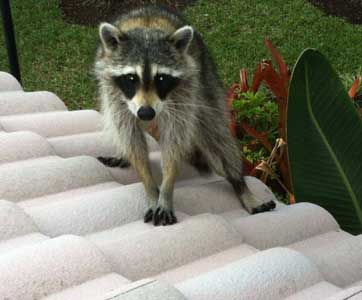
You have probably heard about pest management at least once before, but what exactly is it? Pest control is the removal of pests from your home or property, namely insects and wildlife animals. While most pest control services are provided on a monthly rotation, some may be performed as a one time service. The principal goal for your pest control company is to eliminate pests and the issues that they bring with them -- such as medical issues or issues with damage to the home. Regardless of where you live, your region likely has its own specific pest issues, making pest control a nation-wide necessity.
Many people can identify when they are having a pest issue and what kind of issue they are dealing with, however sometimes these problems may be more difficult to properly identify. This is why many people rely on their pest control expert, or exterminator, to help them get a better understanding of what exactly they are dealing with. Identifying what kind of pest you are dealing with is the very first step in the elimination process, rather you are working alone or with a professional. This is when you identify SPECIFICALLY what type of pest you are dealing with, not just vague things such as “insects”, this opens the door for yourself or your exterminator to come up with the solution that will most effectively eliminate your problem pest.
While there is a lot of controversy into the use of pesticides or insecticides, the severity of your issue may necessitate the use of these chemicals. This can have an impact on your day to day life, which is why many try to avoid it when possible. If you are able to identify your pest relatively quickly, you may be able to avoid the use of chemicals by removing food sources or entry points before there is too big of an issue. Often, people don’t recognize an issue until it’s too late, which can result in having to use chemicals or even the use of a fumigation tent.
You will probably hear the term “Integrated Pest Management” at some point during the elimination process, this management process utilizes all other methods before using harsh chemicals in your home. When using Integrated Pest Management, it is important to keep your home clean, completely devoid of any food or water sources that your pest could be using to survive. This means getting rid of all clutter, as well as constantly cleaning and disinfecting the area to avoid any possibility of pests being able to survive.
Most people commonly experience issues with cockroaches, rodents, or ants; however, there are many other types of pests that you can come into contact with. German cockroaches, for example, are one of the most common pests that can be found in apartment complexes; they are one of the most difficult pests to get rid of. Rodents are one of the most common wildlife pest that people come into contact with. While many try to eradicate these issues on their own, there are many different companies out there to provide you with expert service as well.
One of the best things you can do is try to prevent pests before they even become an issue. While this may not keep your home entirely bug-free from the occasional spider that may wander in, but you can often try to prevent a major infestation. The best way to do this is by removing all basic necessities: food, shelter, and water. If these things are not easily accessible, many pests will choose to leave your home rather than trying to stay and seek them out.
Your kitchen is probably the main source for pests to seek out, as this is a haven for both food sources and water sources. One of the easiest steps of controlling pests in the kitchen is to make sure that food is cleaned up immediately and not left out overnight, as this is one of the most attractive thing to pests, this is also applied to pet food as well. While you may ignore crumbs normally, they are perfect meal sizes for tiny insects. This is why it is important to make sure that even the tiniest of crumbs get swept up. Your trash is also filled with foods that many pests would love to feast on, so another important prevention method is always making sure your trash is taken out.
While food is crucial to life for us, many insects may go without food for some time so long as they have water. While you can’t turn off all of your water just to prevent pests, you can at least be wary of some of the main sources of water. One of their favorites is your dishwater, as not only is it a giant pool of water for them to enjoy, but there are often small particles of food floating in it. You should also check to see if your faucet has a steady leak, as this should be repaired immediately to prevent insects as using the droplets as a constant water source. Pests only need a single drop of water to survive, so even if it something as simple as a condensation ring from a glass, make sure you dry it up immediately.
One of the most important things you can do is to prevent an issue before it can even enter your home, you want to make your home completely pest proof. Pests can fit through some of the tiniest holes that you may never think of, so it is important to go over your entire home and seal any holes, cracks, or openings you may find. This also must be done inside your home as well, mostly you can find holes around appliances or pipes. While your pest probably won’t knock on the door before entering, they will use space under the door to gain entry that way as well. So you should inspect all doors and windows to ensure that they are fitted properly with no open spaces around them. One of the main ways that pests gain entry to your home is through outside sources, such as bringing in cardboard boxes. Rather you pulled them from your storage space, or brought them from a friend’s house, you should check each box to make sure that you are not bringing any hitchhikers in with you. If possible, unload the box OUTSIDE of the home, this way you are not risking anything by bringing it in.
While none of these measures are fun, and are tedious to constantly follow, they are your best bet for preventing a major pest issue. This doesn’t necessarily mean that if you forget to do your dishes one night, you’ll wake up with every roach in your town living in your home, but it can peak a pests interest to come check out. Just make sure that you are keeping your home a place where pests wouldn’t want to be, and remember the best defense is a good offense.
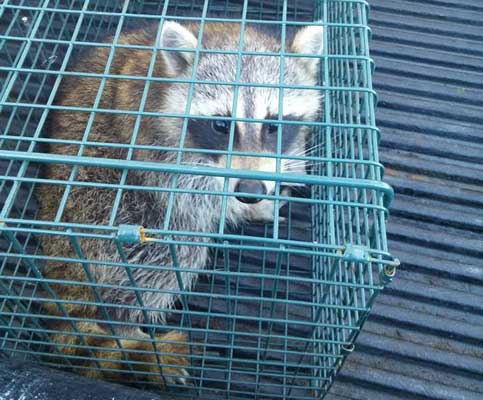
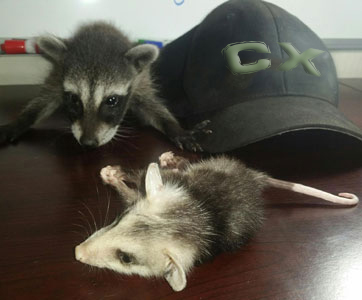
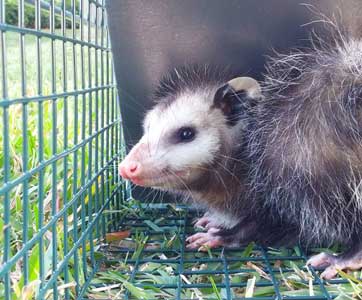
Once you have decided to take pest control into your own hands, you want to make sure to follow the proper steps. Before you start off the bat with harsh chemicals, you are attempting to prevent the issue first. As discussed before, this should include keeping your home clean as well as sealing any potential entry points on the home. You will want to identify what type of pest you are dealing with immediately, so that you can begin to specially design your method of control for that pest.
Should the time come when you must start using pesticides, it is important to always use extreme caution with them, as they are chemicals. While they are boring and occasionally redundant, you want to read all labels and guides that are provided carefully so that you can be sure you are using the product safely and efficiently; this is also where you will find out if the product is meant to be used inside the home or outside. You should always try to use lower-grade pesticides to start rather than jumping right into the harsher ones. It is also best to try and stay away from fogging pesticides, as they are not useful when treating a specific area. If you have an issue, such as a leaky faucet, that may require a professional to come in, try to wait to use pesticides until they are done so that they are not exposed while working. This not only keeps them safe, but also once the problem is fixed you may not even need pesticides.
Reading the label will also instruct you on how to properly dispose of the chemicals. Pesticides are not able to just be thrown away in your personal garbage can, they contain chemicals that could be potentially harmful to the environment. There should be a toxic waste dump or an agency that comes to collect chemicals that are provided by your city. These labels will also inform you of how much pesticide to use, and how often; you should never take an “educated guess” on how much you should use as it can potentially cause harm to you or your family if you use too much. On the other hand, if you use too little, the bugs may build up an immunity to it. Always keep pesticides in their original containers, and do not store any other products in empty pesticide containers. There have been too many people who have gotten harmed, mostly children, by accidentally ingesting pesticides stored incorrectly.
While pesticides may end up being a necessary measure in your pest management, make sure you are using them properly. If you chose to go forward with a professional, you should also ask them what pesticides they are using and do your research on that pesticide. This will keep you on the same page with the company and you will know what chemicals are in your home. This way you can employ the proper safety precautions and keep your family safe.